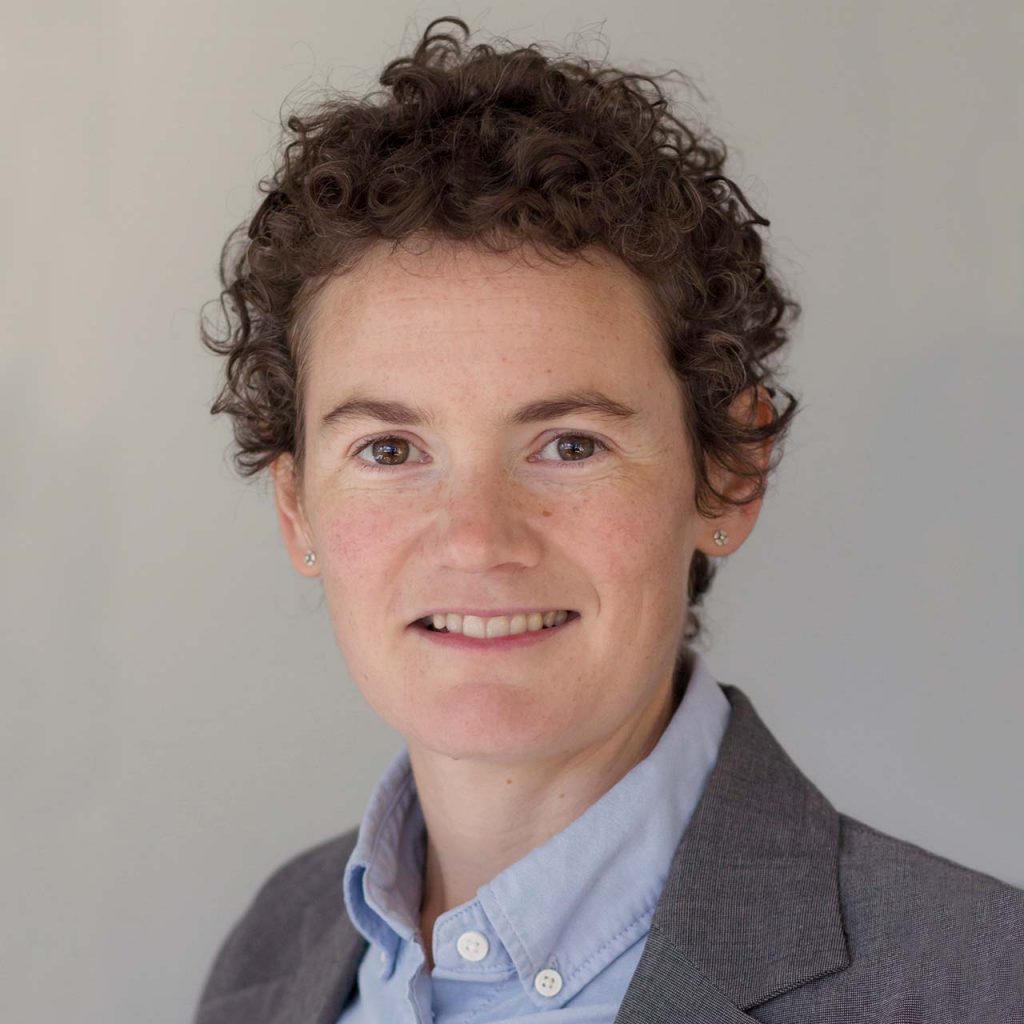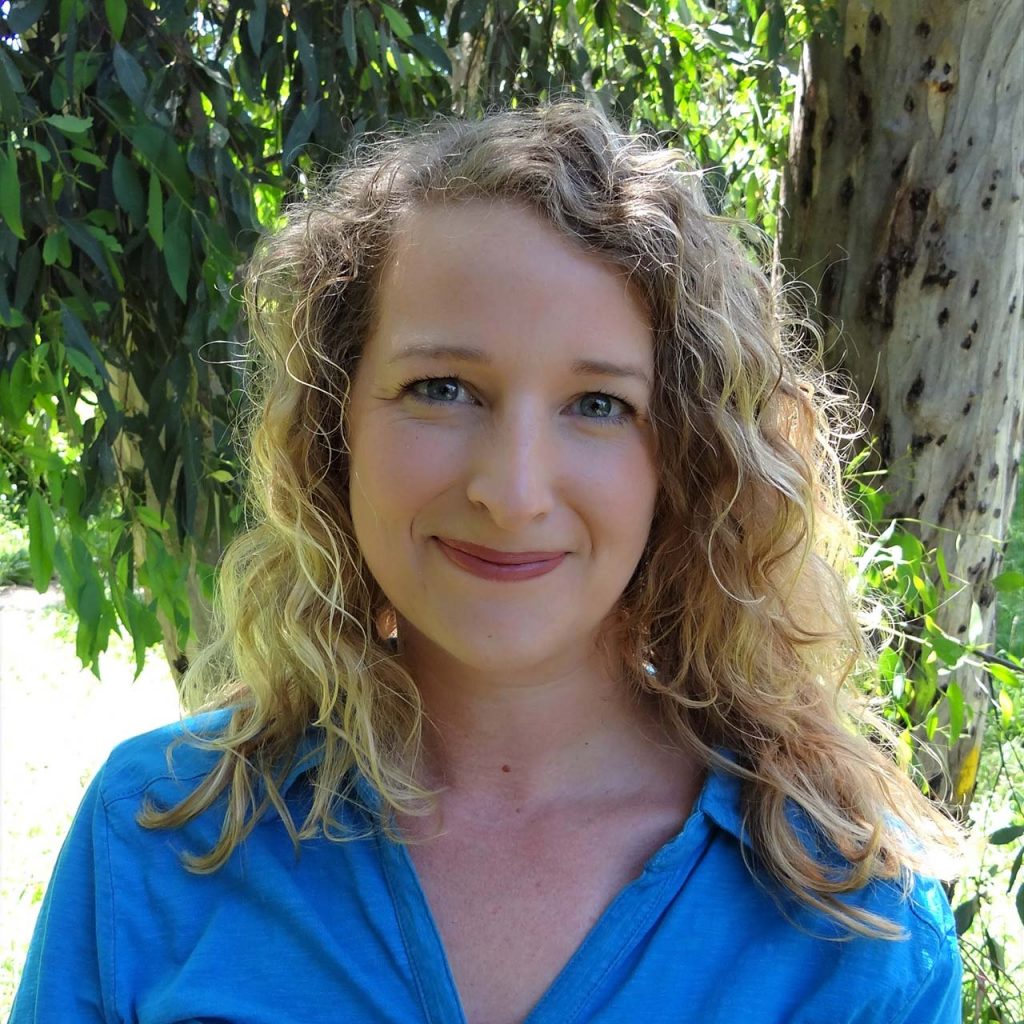Acknowledgement of Country
Ngunnawal Language
Dhawura nguna ngurumbangu gunanggu Ngunnawal
Nginggada dindi dhawura Ngunnawalbun yindjumaralidjinyin
Mura bidji mulanggaridjindjula
Naraganawaliyiri yarabindjula.
English Translation
This country is Ngunnawal ancestral, spiritual homeland
We all always respect elders, male and female, as well as Ngunnawal country itself
They always keep the pathways of their ancestors alive
They walk together as one.

Commissioner’s Foreword:
Dr Sophie Lewis
I write this some eight weeks into the ACT’s extended 2021 COVID-19 lockdown, in deep gratitude for refreshing daily visits to Mt Majura, my family’s local piece of Canberra Nature Park. During the 2020 and 2021 restrictions of the COVID-19 pandemic, the natural environment of the ACT became ‘wellbeing hub’ for Canberrans. In both lockdown periods, parks and nature reserves experienced a significant rise in visitor numbers. While COVID-19 impacts on lives and mental health should not be minimised, access to nature is critical for personal and community wellbeing.
Behind the scenes of a trip to a Canberra reserve sits an unseen flock of volunteers and organisations working to maintain our natural areas and protect species. My Office’s State of the Environment Report 2019 (SoE 2019) highlighted the extensive work being done by volunteers and community groups for the benefit of the environment in the ACT. However, it also found big data gaps.
Within the scope of the SoE 2019, it was difficult to determine the full extent and nature of community efforts. This web report aims to address this gap and provide a detailed picture of the contributions made by the community to our environment in the ACT.
The equivalent wage cost for environmental volunteering work in the ACT is calculated in this report at $21,684,671 per year. While this substantial dollar value is impressive, this rather reductive view does not give us the full story of the work done by our volunteers. I recommend you start by viewing our volunteer stories section which gives a flavour of the diverse people and groups connected by a commitment to volunteering and preservation of Canberra’s nature environments.
This report was written during a period of unique disruption. Workshop participant numbers were capped, socially-distanced and ‘checked in’. Infographics were discussed back and forth through virtual meetings. Calculations were scrutinised over the phone. I would like to thank everyone who contributed to this important piece of work during this difficult time. This includes more than 100 hours of time from volunteers.
I write this with deep personal appreciation for the often-overlooked and tireless labour of our environmental volunteers – thank you all.

Author’s Foreword – Miranda Gardner
Finding belonging through volunteering
It has been a pleasure to work on this report and hear the stories of some of the ACT’s amazing and inspiring volunteers. This is in part because the types of volunteering explored here are very close to my heart, and something I have been involved with myself for many years. I hope this website will broaden awareness and increase recognition of all the incredible things that volunteers contribute to the ACT.
My experiences of environmental and citizen science volunteering have been overwhelmingly positive and I would encourage all Canberrans to give it a go. Why not have a look through the volunteer stories on this site and see if there is anything you would like to try?
I moved to Canberra from England almost 12 years ago. I had done a lot of conservation volunteering back in the UK and so already knew it was something I loved and wanted to do in the ACT. Getting your hands into the soil, learning about local plants, and connecting with other people who care for the land offers a unique way of getting to know a piece of country. For me, understanding a bit about the landscape and how the species within it fit together is an important part of feeling comfortable and settled in a new place.
I have volunteered with a number of different ParkCare and Landcare groups during my time in Canberra, as well as doing citizen science volunteering through Waterwatch and being a committee member of the Southern ACT Catchment Group for around 10 years. This work as taken me to places I would never have found on my own, and given me a particular appreciation for the places in the ACT where I have been fortunate to do on-ground work. I have met amazing people and formed strong friendships as a result of my volunteering, and also made connections which have proven to be useful in my professional life.
The fact that I do volunteer administration and governance work as well as on-ground activities has meant that I’ve been able to keep up my involvement while having a young child, as it is easier to fit this around my family schedule. Now my son is a little older, I’m getting back into the physical work a bit more and taking him along when I can!
As an outsider with no roots in this place, volunteering has been invaluable in enabling me to establish myself here socially, professionally and emotionally. I encourage anyone who is new to Canberra to give environmental volunteering a try, and to look for different opportunities until they find something that fits – there are so many different ways you can give your time, and you will get so much back when you do.
Context and Legislative Status
Legislative Status
The Commissioner for Sustainability and the Environment is an independent statutory position established by the Commissioner for Sustainability and the Environment Act 1993. This website constitutes a Background Report pertaining to the Commissioner’s functions under Section 12 and Section 19 (2) of the Commissioner for Sustainability and the Environment Act 1993 (the Act).
This is a non-statutory document. It is not a Special Report as defined under Section 21 of the Act. There is no statutory requirement for background reports to be tabled in the Legislative Assembly, or for recommendations to be presented.
Purpose
This background report explores how volunteer contributions to a healthy environment in the ACT are measured, recognised and valued. It focuses specifically on environmental volunteering, wildlife care and citizen science.
Environmental volunteering refers to hands-on land management work; it may be thought of as ‘landcare-type’ volunteering. In the ACT this includes weed removal; planting, mulching and watering native species; erosion control; and habitat creation.
Citizen science refers to the collection of information about the environment by volunteers. This may be as part of a formal survey or program of data collection, or happen in a more opportunistic way through ad hoc reporting and photo records. In the ACT this includes observations of plants and animals, and scientific data from water quality testing.
The purpose of this report is to:
- raise awareness and understanding of environment volunteering in the community;
- engage and motivate stakeholders to take action on identified issues; and
- inform the Commissioner of the performance status of the ACT, with a view to performance indicators for the next State of the Environment Report.
Aims
This report presents information to:
- Clearly communicate to both the public and government/policy-makers the contributions volunteers make to the environment in the ACT, and what the broader benefits of their work are.
- Reach new audiences who may not be familiar with environmental volunteering and citizen science in the ACT.
- Contribute to securing longer term funding, resources and/or support from government for volunteer groups and programs.
- Encourage more consistent, respectful and productive partnerships between volunteers, government and academia.
- Encourage better communication and knowledge sharing.
- Foster genuine collaboration with environmental outcomes as the end goal, and support discussions to identify further opportunities for meaningful volunteer involvement.

Acknowledgements
The Commissioner would like to acknowledge all the volunteers who contributed their time to this report. We have calculated that more than 100 hours of volunteer time went into producing this report. This includes attendance at workshops, participating in interviews or meetings, writing content, taking photos, email correspondence, and travel.
Volunteer contributors
Dorothy Brown – ACT Wildlife
Lindy Butcher – ACT Wildlife
Corin Pennock – ACT Wildlife
Bill Handke – Canberra Indian Myna Action Group
Michael Mulvaney – Canberra Nature Map
Derek Corrigan – Canberra Orchid Society
Kathy Eyles – Canberra Ornithologist’s Group
Gösta Lyngå – Cooleman Ridge ParkCare Group
Linda Spinaze – Cooleman Ridge ParkCare Group
Wendy Rainbird – Farrer Ridge ParkCare Group, Waterwatch volunteer
Ian Falconer – Friends of Aranda Bushland ParkCare Group
Julia Raine – Friends of Fleabog Flat
Geoff Robertson – Friends of Grasslands
Sarah Sharp – Friends of Grasslands, Vegwatch, Molonglo Conservation Group
Sarah Hnutiak – Friends of Mount Painter ParkCare Group
Rose Bailey – Holder Wetlands Landcare Group
Stephen Bailey – Holder Wetlands Landcare Group
Marisa Bialowas – Holder Wetlands Landcare Group
Liz Stephens – Holder Wetlands Landcare Group
Shaun Stephens – Holder Wetlands Landcare Group
Libby McCutchan – Griffith Woodland Volunteer Group
Mike Sim – Isaacs Ridge and Mount Mugga Mugga ParkCare Group
Ken Horsfall – Isaacs Ridge and Mount Mugga Mugga ParkCare Group, ParkCare Ranger Assist volunteer
Esther Gallant – National Parks Association of the ACT
Martin Chalk – National Parks Association of the ACT
Don Fletcher – National Parks Association of the ACT
Brian Slee – National Parks Association of the ACT
Sonja Lenz – National Parks Association of the ACT
Anthony Cory – ParkCare Visitor Assist volunteer, Waterwatch Volunteer
Cristy Froehlich – Volunteer wildlife photographer
Ana Maria Londono – Waterwatch Volunteer
Elizabeth White – Waterwatch Volunteer
NGO staff
Bruno Ferronato – Ginninderra Catchment Group
Kat McGilp – Ginninderra Catchment Group
Christine Allen – Greening Australia Capital Region
Karissa Preuss – Landcare ACT
Martin Lind – Southern ACT Catchment Group
Martine Franco – Southern ACT Catchment Group
Jeannine Fromholtz – Molonglo Conservation Group
ACT Government staff
Frank Garofalow – EPSDD
Woo O’Reilly – EPSDD
Scott Ryan – EPSDD
Danswell Starrs – EPSDD
Rodney Ubrihien – EPSDD
Allan McLean – TCCS
Jane Roberts – TCCS
Thank you all for your time and effort.


